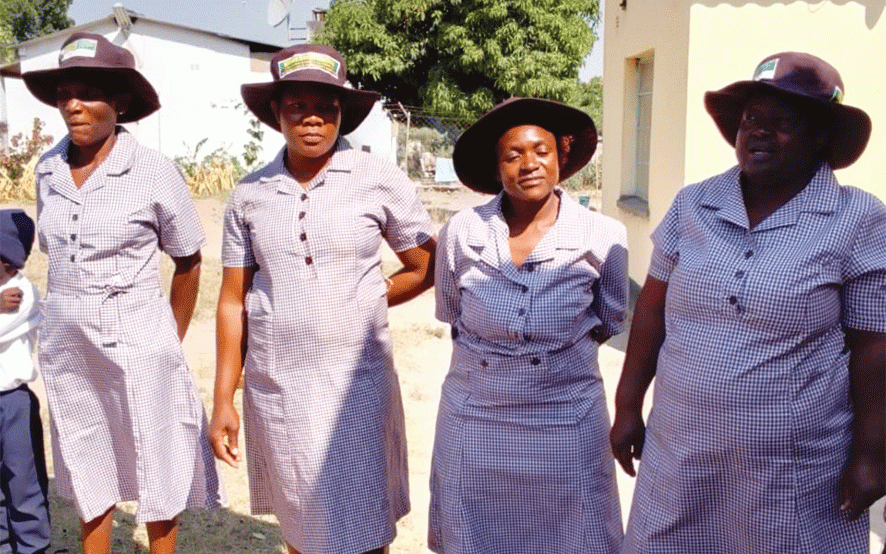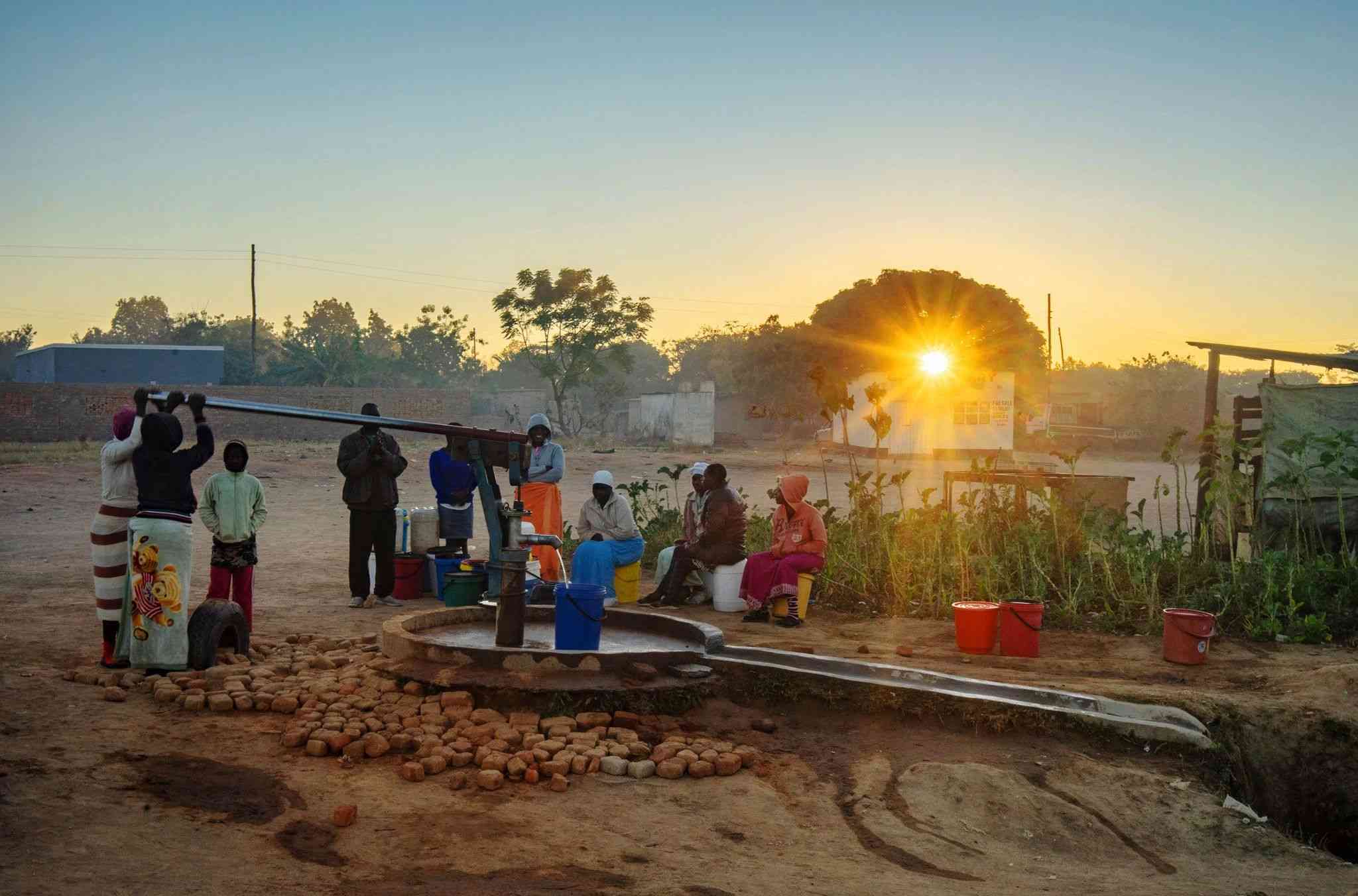
BY early morning, the scraping and thudding of metal shovels being shoved into the earth ring out again and again.
It is the sound produced by a handful of sand poachers desperately ploughing the opencast pit in search of fortune.
The size of the gulfs and sand mounds on the western side of Zimunya township, 17km south of Mutare, are indicative of an environmental disaster.
But for Tendai Mwatongera (22), it is a workplace where he is struggling to eke out a living by poaching and selling sand to buyers within the construction industry.
Mwatongera is father to 15-month-old twins.
Due to climate change and the El Niño phenomenon that has resulted in drought, Zimunya residents and people across the country have been subjected to excessive hunger.
Mwatongera and his family are victims of the ever-rising cost of living and the sweeping drought.
Climate shocks that include low rainfall and imaginable heatwaves across Zimbabwe, including Manicaland province, heavily impacted on crop production resulting in a poor harvest.
- Hesitancy slows Covid vaccination for children
- Hesitancy slows Covid vaccination for children
- Multisectoral COVID-19 messaging campaign improving prevention and vaccine uptake in Zimbabwe
- Cultivate demand for Covid-19 vaccines
Keep Reading
President Emmerson Mnangagwa has since declared the drought a state of nation disaster.
Sadly for Mwatongera, his twin children are suffering from malnourishment.
“Things are not good for me. In the past, I could produce something from my home garden and field, but due to lack of rainfall in the past season, I did not harvest anything,” he said.
“I sell sand to builders and construction companies, but it is not easy at all. I am getting very little, I am not able to look after my twins,” he said.
Considering the escalation of malnutrition in various households, United Nations agency Unicef is calling for urgent action to protect vulnerable children in areas hardest hit by the scourge.
Zimunya Clinic in collaboration with Unicef with funding support from the Health Resilience Fund, comprising the UK government, Irish Aid, Gavi and the European Union, is supporting the malnutrition programme aimed at improving child nutrition in vulnerable communities.
Regina Chidziya (32), a community health worker in Zimunya, supported by the programme, has on several occasions this year come across poverty-stricken families.
“This time around, it is poverty that has resulted in excessive malnutrition, largely caused by the current drought. Most families are facing hunger and are failing to provide food that we recommend for their children,” she said.
“I conduct some home visits distributing the Mid-Upper Arma Circumstance tape to mothers. My duty is to provide training and help mothers to identify the early signs of malnutrition at home,” she said.
Chidziya identified the Mwatongera twins and initiated their treatment.
“The twins are currently receiving treatment for malnutrition at Zimunya Clinic. The twins weighed 4,6kg against the target weight of 8kg," she said.
“We are now calling on the government and various partners to come in and provide a long-lasting solution on malnutrition because there are many children being affected by this.”
Chidziya conducts supervisory care programmes for children under five years to 108 households.
Health and Child Care ministry Mutare district nutritionist Bridget Buzuzi said there were programmes underway to curb malnutrition.
“The ministry and its partners are currently undertaking preventive measures to address malnutrition,” Buzuzi said.
“We are working with community health workers and lead mothers, where they are taught to fortify food and prepare healthy meals for their children.”
Unicef Zimbabwe chief communication specialist Yves Willemot said the programme provided training and capacity building on the identification and treatment of malnutrition in children.
“Zimbabwe is going through a severe drought and children are mostly affected. This has heavily impacted on the right to access health,” he said.
“As such, the government and various community health workers must be participants in integrating the prevention initiatives. As Unicef, there is a need to focus more on nutrition for children to reduce malnutrition.
“Unicef in partnership with the government is scaling up nutritional programmes at community level by involving community health workers and mothers in disseminating information on a nutritious diet for children.
“We are calling for decisive and timely action to prevent this crisis for vulnerable children.”
For Mwatongera and his family, among others, hope is not lost as Unicef is accelerating action across Zimbabwe on maternal and child nutrition through the food protection system.







